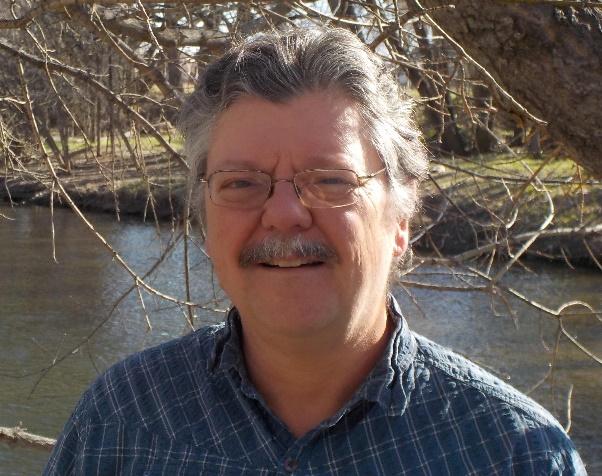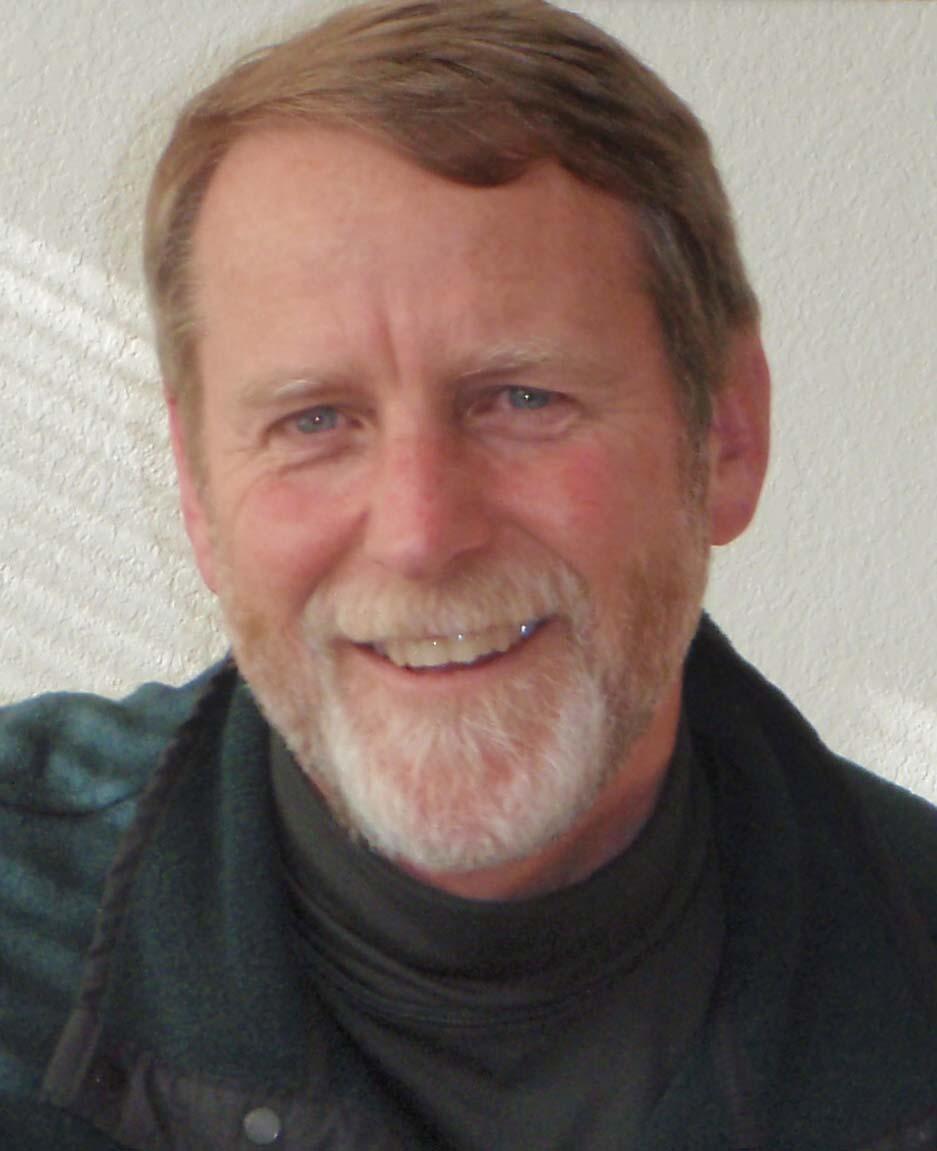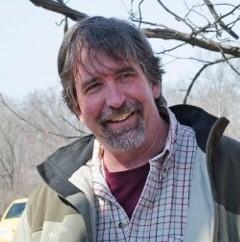SFS announces 2019 award recipients
FOR IMMEDIATE RELEASE: Friday, 25 January 2019
Contact: Dr. Amy Rosemond, SFS President-Elect, Awards Chair. Email: rosemond@uga.edu, Tel: 706-542-3903.
The Society for Freshwater Science is pleased to announce the recipients of the 2019 SFS awards. The awards recognize achievements in environmental stewardship, service to the Society, and excellence in research for established and new investigators. Please join us in congratulating these outstanding freshwater scientists who will be honored at the 2019 annual meeting in Salt Lake City, UT (May 19-23, 2019). Learn more about SFS awards and how to nominate here.
Dr. Amy Rosemond, Awards Chair, adds “These prestigious awards recognize outstanding contributions to the field of freshwater science and its applications to society. Award recipients are selected from other highly deserving candidates. The 2019 Award of Excellence (Dr. Leroy Poff), Distinguished Service Award (Dr. Randy Fuller), Environmental Stewardship Award (Dr. Matt Whiles), and Hynes Award for New Investigators (Dr. Daniel Nelson) follow on a great tradition in our society of recognizing exceptional contributions in these areas. We are fortunate to have such excellent, effective, and dedicated scientists to honor within our society! Thank you, Drs. Poff, Fuller, Whiles and Nelson for significantly advancing the field of freshwater science!”
Award of Excellence
Leroy Poff - 2019

N. LeRoy Poff is a Professor of Biology at Colorado State University and holds a partial appointment as Distinguished Professor at the University of Canberra. Since receiving his PhD in 1989, LeRoy’s research has focused on understanding how natural and human-caused hydrologic variability regulates the interactions among species and the structure and function of riverine ecosystems. By developing techniques to quantify streamflow variability in ecologically meaningful terms and using species (functional) traits as generalized, mechanistic response variables, he has been a leader in advancing the field of hydro-ecology. Through his interdisciplinary and collaborative work, LeRoy has contributed fundamentally to the development of the field of “environmental flows,” which aims to support sustainable management of streams and rivers at local to regional to global scales in the face of growing human water demands. His current interests are on developing better conceptual frameworks and decision support tools for science-based management of streams and rivers in our current period of rapid climate and ecological change.
Distinguished Service Award
Randy Fuller - 2019

Randy Fuller attended his first meeting in 1976 at LaCrosse, WI after driving for 2 days in a van full of grad students from Ken Stewart’s lab in Texas. In 42 years, he has missed only 4 meetings! Randy has been a professor at Colgate University since 1982, serving 10 years as Chair of Biology and 10 years as Director of Environmental Studies. His involvement with our society includes serving twice on the Executive Committee, President in 2013-14, and on the Board of Directors from 2010-2015. He has been a member of the Education and Diversity Committee (EDC) since before its name changed from the Membership Committee, and served as Chair of the EDC for 5+ years. Randy has also served on a variety of other committees and has acted as the SFS representative to the Consortium of Aquatic Science Societies (CASS) since 2013. From Randy: “I have had the good fortune to work with many bright, wonderful people, and the time I have spent working with others to move the society forward has been some of the most rewarding in my professional life!”
Environmental Stewardship Award
Matt Whiles - 2019

Matt Whiles is currently Chair of the Soil and Water Sciences Department at the University of Florida. Before moving to UF, he was a Professor at Southern Illinois University (SIU), where he directed the Center for Ecology and the Cooperative Wildlife Research Laboratory. Matt began his career as an undergraduate “bug picker” with the Konza Prairie Long-Term Ecological Research (LTER) program. He received his graduate degrees from the University of Georgia, working on headwater streams at the Coweeta LTER site. At SIU, he built a freshwater ecology research program that has produced 33 graduate students and over 130 scientific papers. Matt is also co-author of one of the leading textbooks on freshwater ecology. Matt’s research focuses on quantifying the roles of animals in freshwater ecosystem function. He has led numerous large, collaborative projects, including the Tropical Amphibian Declines in Streams (TADS) project examining the ecological consequences of amphibian declines. He has worked closely with agencies and NGOs on stream and wetland management and restoration, and served on numerous panels guiding management of freshwater habitats.
Hynes Award for New Investigators
Daniel Nelson - 2019

Dr. Daniel Nelson is a community and ecosystem ecologist who is broadly interested in the effects of climate change on freshwater ecosystems. He uses a combination of observational and experimental approaches to answer both applied and theoretical questions related to this subject. Daniel first completed his MS at the University of Idaho and then his PhD at the University of Alabama, where he worked with Dr. Jonathan Benstead on a whole-stream warming experiment in southwest Iceland investigating the effects of warming on stream invertebrate communities and food webs. He was selected for the Hynes award based on his publication resulting from this work, which showed that although warming may reassemble invertebrate communities and lower total invertebrate density, it may have a neutral effect on standing biomass due to changes in the size structure of the community: Nelson et al. 2017. Experimental whole-stream warming alters community size structure. Global Change Biology 23: 2618-2628, doi: 10.1111/gcb.13574. Daniel is currently a Postdoctoral Researcher in Dr. Dan Allen’s lab at the University of Oklahoma, where he is continuing his studies on the effects of climate change on freshwater ecosystems.


